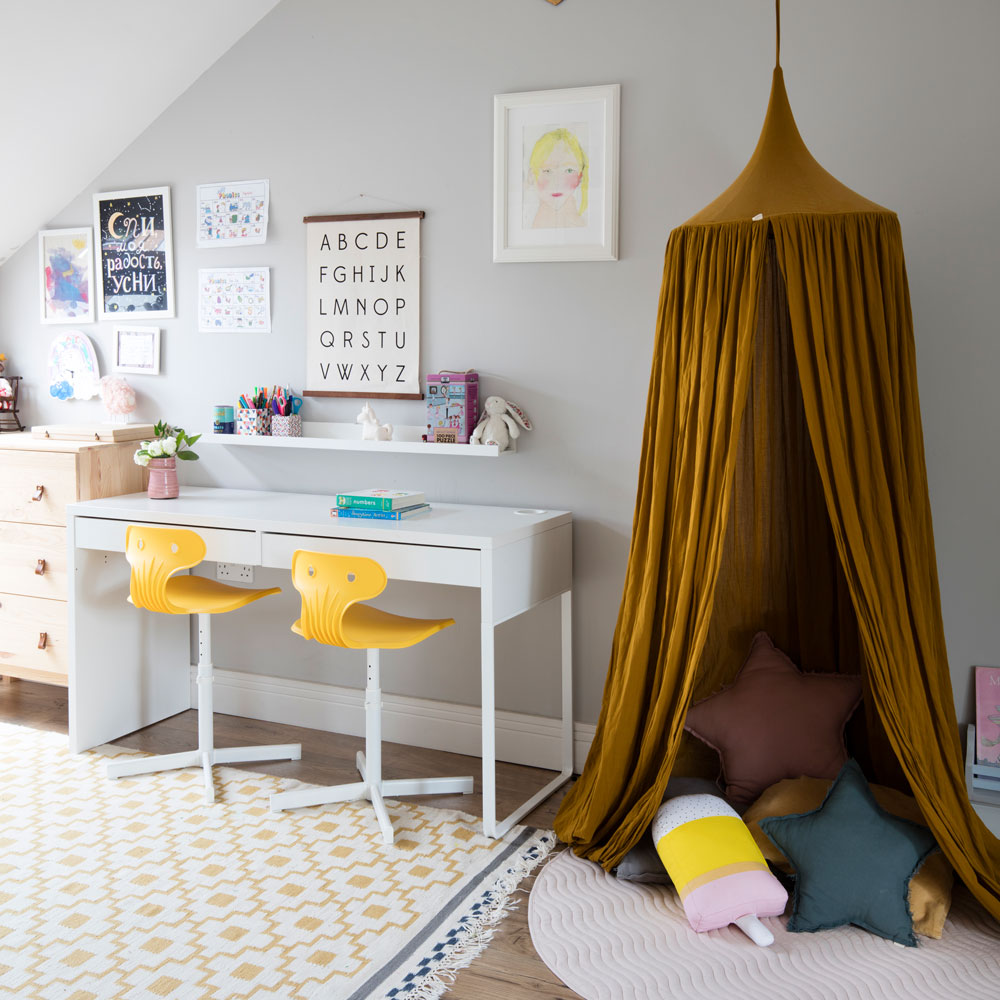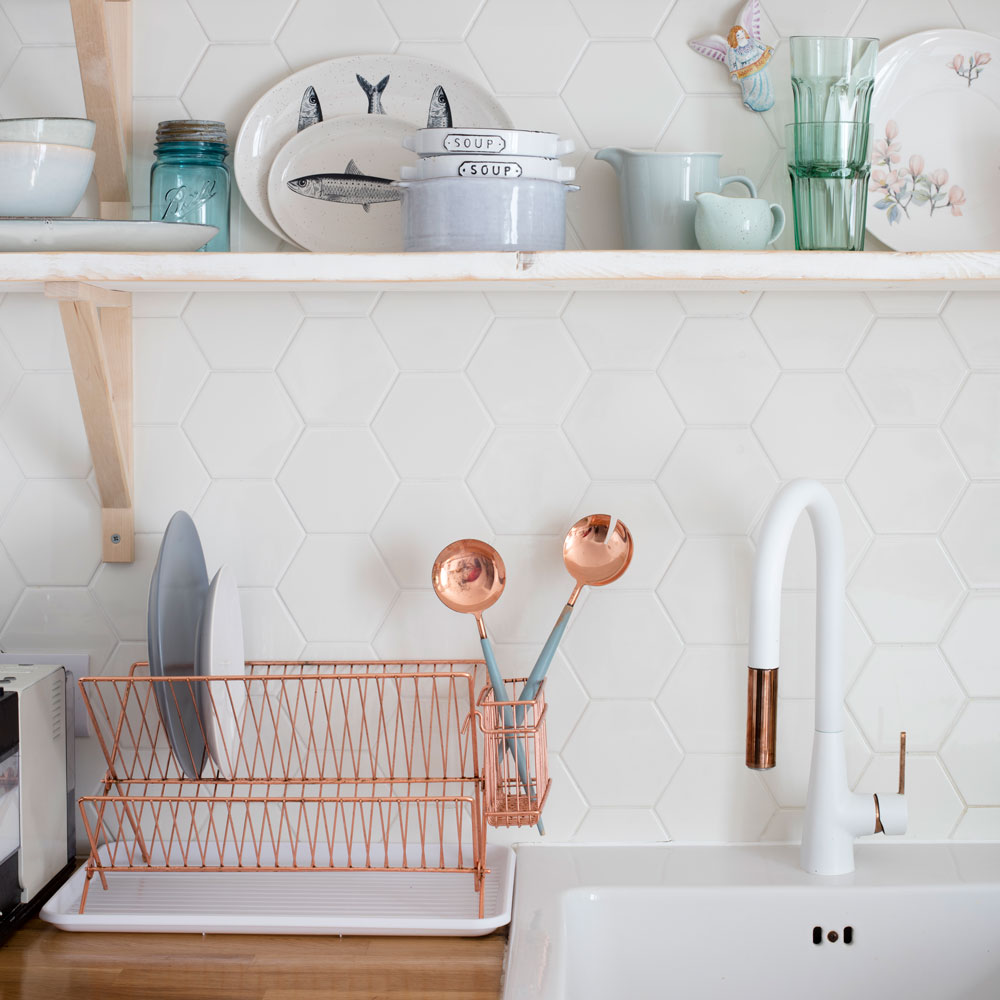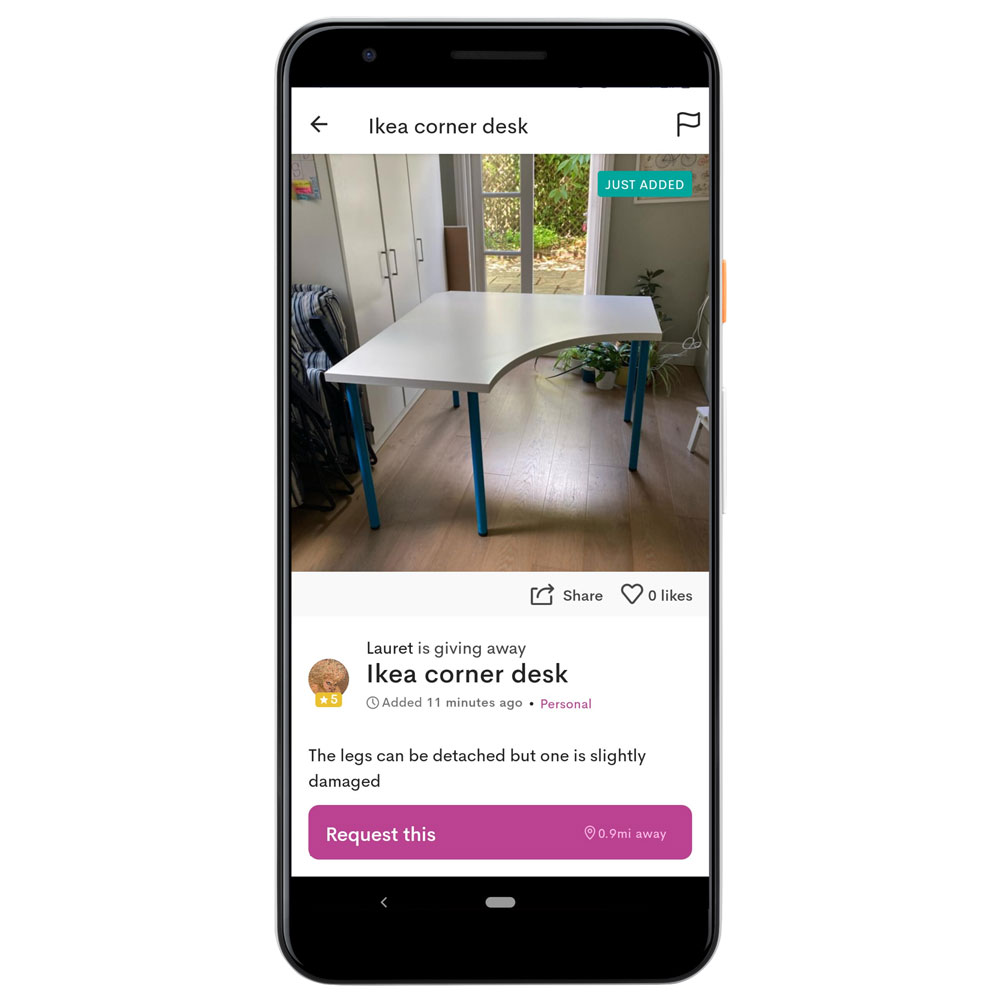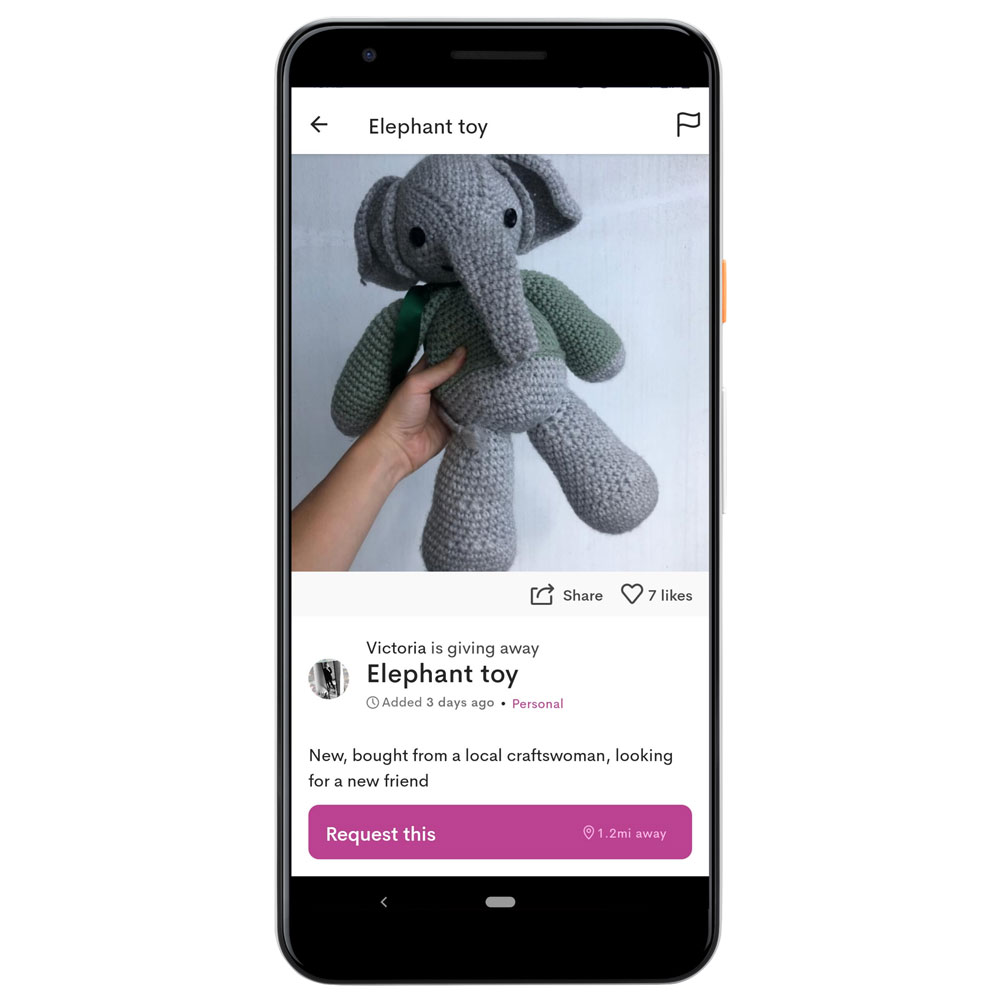Things that charity shops WON’T accept – and a new app to use if your local chazza is overwhelmed with donations
We'll also tell you what can be accepted...
With most of us spending more time at home during lockdown, whether home-working, home-schooling or both, it's more important than ever to get organised. That means many of us have used the extra time to clear out wardrobes, kitchen drawers, bathroom cabinets and more
Related: This Morning star shares ingenious decluttering tips – and not without controversy!
After all, it feels great to de-clutter – energising, uplifting and just, more in control. But what to do with the mountain of stuff we've outgrown or gone off?
Most charity shops have only just opened their doors again and some are filled to the brim and unable to take donations. There are also certain items they are unable to accept, even in normal times.
What will charity shops not accept?

These are items you generally cannot donate to charity shops...
- Identifiable school uniforms
- Inflatable toys for water
- Car seats
- Prams/Pushchairs/Buggies
- Cots and mattresses
- High chairs/Booster seats/Child safety gates
- Soft toys without the CE label
- Used pillows and duvets (although pillow cases and mattress covers may be accepted)
- Cushions/Cushion covers
- Furniture covers without fire safety labels
- Computers
- Electric blankets
- Power tools without instructions
- Electric showers
- Sunbeds and tanning equipment
- Waste disposal units
- Gaming machines
- White goods e.g. Tumble dryers, Washing machines, Washer dryers/Refrigerators.
- Heating and cooking equipment that use gas or oil
- Knives/Scissors
- Safety helmets/Safety harnesses
- Cycle helmets
- Life jackets/Buoyancy aids
What can I donate to charity shops?
- Clothing
- Knitted items and blankets
- Shoes and bags
- Accessories and jewellery
- Books
- CDs and DVDs (that aren’t home recorded)
- Homeware, such as ornaments, china, kitchenware and photo frames
- Children’s toys and games (with a CE label if it’s a soft toy)
- Bric-a-brac
- Paintings
What about unusual items?
More unusual items such as sports equipment, musical instruments and home furnishings may also be welcomed – but it’s best to call your local shop to check.
Some items, such as bicycles, furniture that has fire safety labels and mobile phones may also be accepted depending on their condition and the shop in question.
Sign up to our newsletter for style and decor inspiration, house makeovers, project advice and more.

Related: See the most important cleaning tasks to keep up after lockdown
What should I do with items I can't donate?
Throwing perfectly good things away is unthinkable for most of us. But waiting for stuff to sell on Ebay or Facebook Marketplace can take a while, so what else can we do with it?
Through these challenging times, Britain has been united in a growing sense of community that's stronger than ever. As a result, the sharing economy is booming, as generous Brits rally together to help those around them.
Best known for reducing food waste, sharing app OLIO has recently seen an influx of listings for household goods and has seen a 213% increase in non-food items being shared for free amongst its 2 million members over the last eight weeks.

Tessa Clarke, OLIO co-founder, explains... 'We have seen a huge increase in users of the app sharing bits from around the home in recent months. Spending more time indoors has encouraged many to sort through their belongings and clear out anything no longer of use.'
'“The charity shops have reopened recently and it’s obviously great to support them, but they can’t take some items such as buggies, cushions, kitchenware and electrical appliances. In sharing these on OLIO, these items can be passed on to those in the local community.'

'This allows people to not only tidy up their homes, but also brings neighbours together to reduce waste.'
To share on OLIO, users simply snap a picture of their items and add them to OLIO. Neighbours then receive customised alerts and can request anything that takes their fancy. Pickup is arranged via private messaging within the app, and often takes place the same day.
Related: How to make money from recycling common household items – from print cartridges to tea towels
Right, time to get decluttering!
Jacky Parker is a freelance interiors & lifestyle journalist, specialising in modern interiors, design and eco living. She has written for Future’s interior magazines and websites including Livingetc, Homes & Gardens, Country Homes & Interiors and Ideal Home for over fifteen years, both as a freelance contributor and inhouse, with stints as Acting Digital Editor, Livingetc and Acting Style Content Editor, Country Homes & Interiors. Her work also features in national and international publications including Sunday Times Style, Telegraph Stella, The Guardian, Grand Designs, House Beautiful and more. With years of experience in the industry Jacky is privy to the insider view and the go-to places for interior inspiration and design-savvy décor.